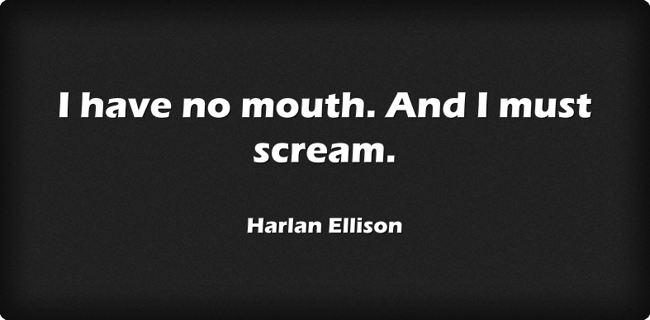Portfolio version available: https://sites.google.com/view/sotpapepics/desolation
With my body reclined, I start to open my eyes and find my vision unfocused. I see colors but not shapes. My thoughts stand still as I understand in some innate sense what would happen if I parsed together where I am and why. A few moments pass as my mind inevitably exits the silent void.
A rumble from the ship speeds up the recovery of my cognition and a cacophony of sirens, alarms, warnings, and alerts assault my hearing. My eyes begin moving before my body does. I noticed that apart from the scattered paper and belongings, everything seemed to be in pristine condition. The screens were not cracked and nothing seemed externally broken. It seemed like a perfectly functioning ship, though this illusion is betrayed by the alarms. Sitting up, mind still devoid of emotion, I involuntarily recount what happened.
I was piloting this transport ship to move high density colony-powering fuel cells to an outpost in Messier 88. Somewhere along my journey, I figured to put my compression device, which crumples space around it to achieve speeds faster than light, into overdrive. It'd burn a hell of a lot of fuel but I did the calculations and saw that it'd shorten my travel time by 8 hours and I'd have fuel leftover to go back at normal speed by the end. I knew it was dangerous with a ship as big as this, but I had more faith in the autonomous navigation system than I should have. I overcharged the compression device and next thing I know, I'm here.
I checked the system logs and discover I've been out for 22 hours and the ship's been burning fuel for the past 18. Ship status shows a heavy hull impact, probably what put me out of commission in the first place. After the collision, the ship's autopilot was compromised, so it pointed toward a direction and kept flying. Fuel reserves were depleted, only emergency battery cell power was powering core systems and life support. The plotted route finally told me what I was afraid of knowing, and what was burning a hole in my back the entire time I've been awake. I overshot the outpost, on the edge of Messier 88, by thirty-six thousand light years. I thought of my options one at a time. Calling for support would be futile, as it would tens of thousands of years to reach anyone. I know that nobody can tell where I am either, otherwise my ship would have been interdicted during travel. All I'm left with is a few days worth of life support in this vast expanse.
I lay back in my reclined seat and bend my head back towards the rear of the ship. A beautiful, sparkling, violet cloud of gases and stars envelop my cone of vision. It all seems so close, as if I could reach out and touch it. Gazing into the spiral of color and life, my thoughts start fading. I start to surrender my ability to make out shapes, leaving only vibrant color. I close my eyes and drift to sleep.
Author's Note: Hmm... the story this time seems kind of depressing, huh? Anyways, this story is influenced by The Sandy Road from The Jataka Tales by Ellen C. Babbitt. It was about a group of traders who threw away all the water for their oxen because they thought they'd get to a town in a day. The oxen end up walking in a circle after the navigator falls asleep and they have to find water by digging into the ground. They end up finding the water in the end and learn a good lesson. My story is pretty similar, with the main character (the only character, in this case,) taking a risk and overcharging his compression device. It ends up stranding him outside of the galaxy, tens of thousands of light years away from any other lifeform. I ended up having the main character become very apathetic from the start. I suppose the only reason he really got up from his seat was to gain some sense of closure, and after he found it he returned to the state he was in when the story started. I ended up with a very neutral language in the first, second, and fourth paragraphs to show the character's apathy, but during the third paragraph I added a little bit of less neutral feeling words and expressed the character's feelings more clearly to show that he wasn't always like this. I'm not sure how effective it was. The fifth paragraph represents the main character's acceptance of his fate so I gave it a more uplifting tone, which still turned out to be pretty sad since it carries that implication.
Bibliography:
The Sandy Road from The Jataka Tales by Ellen C. Babbitt






